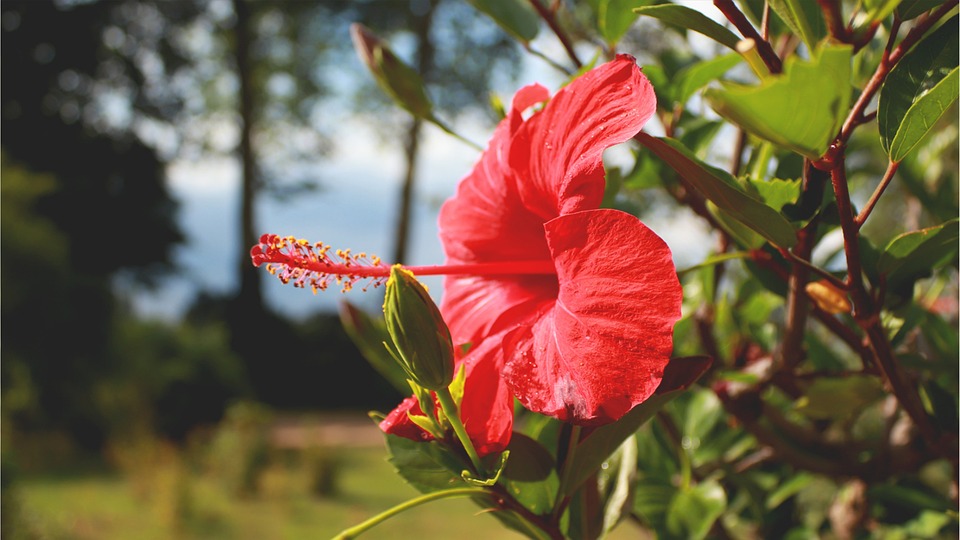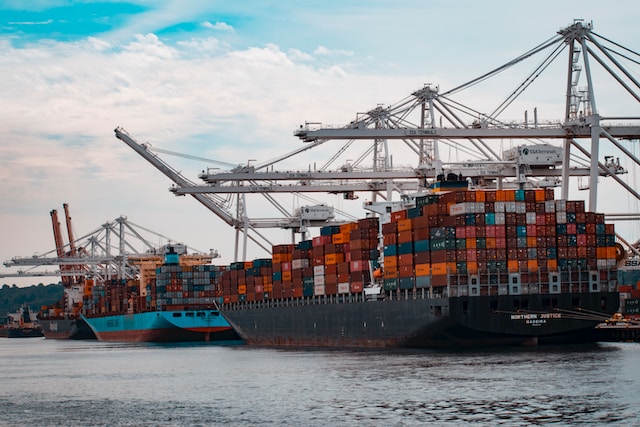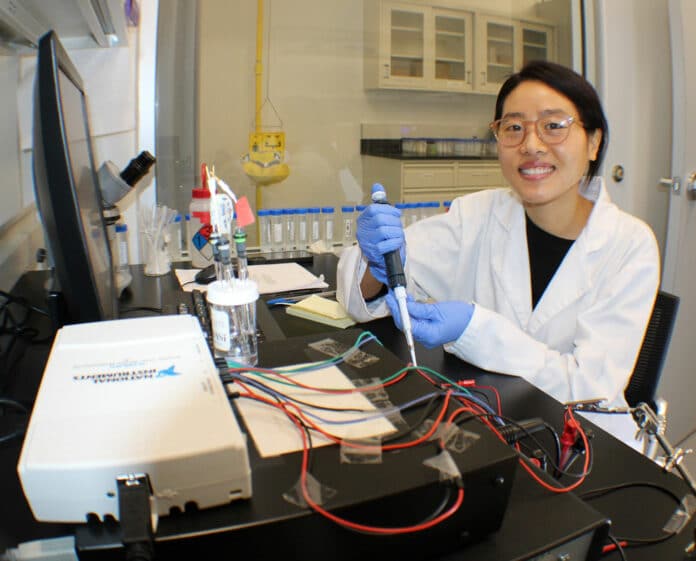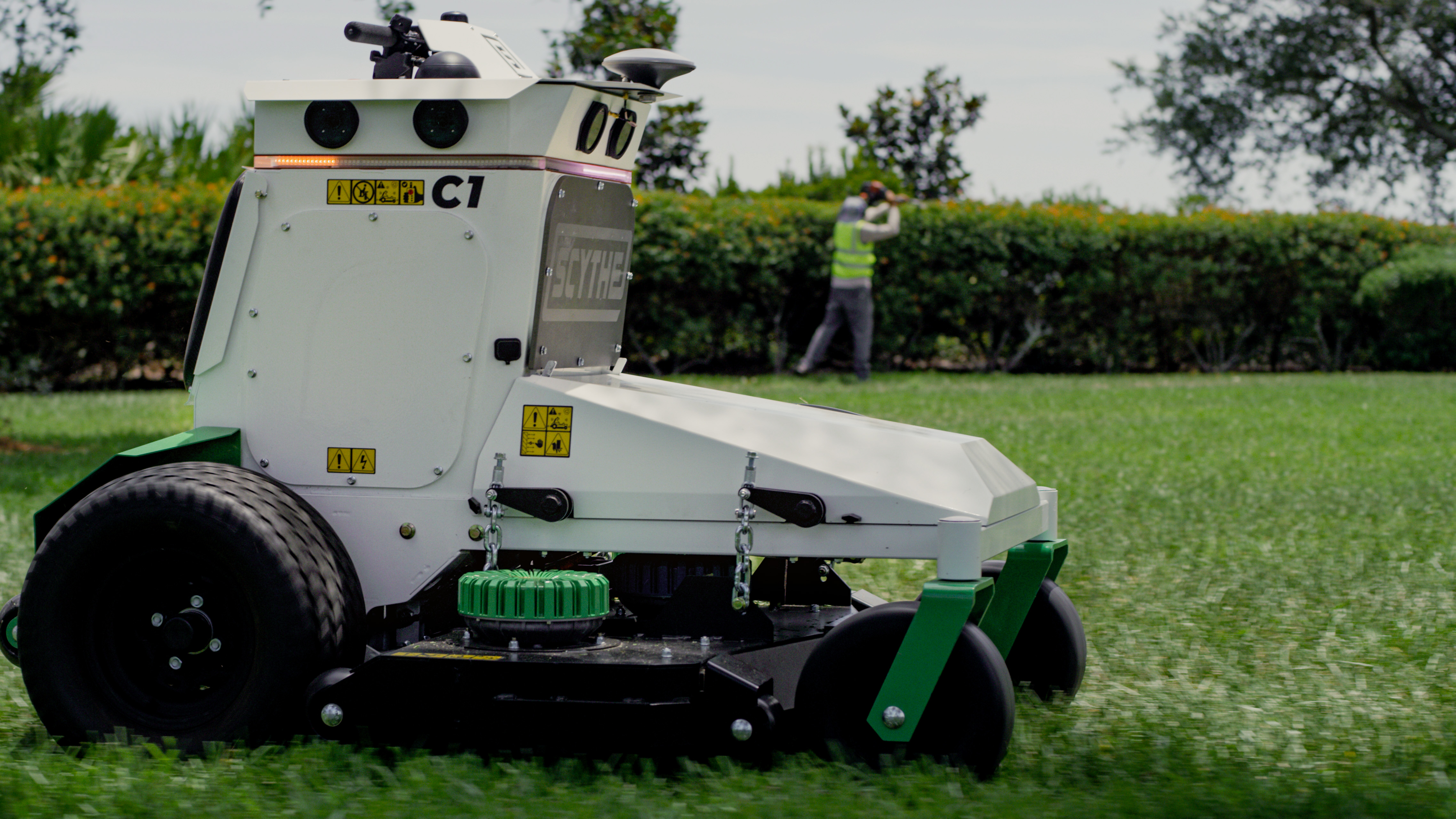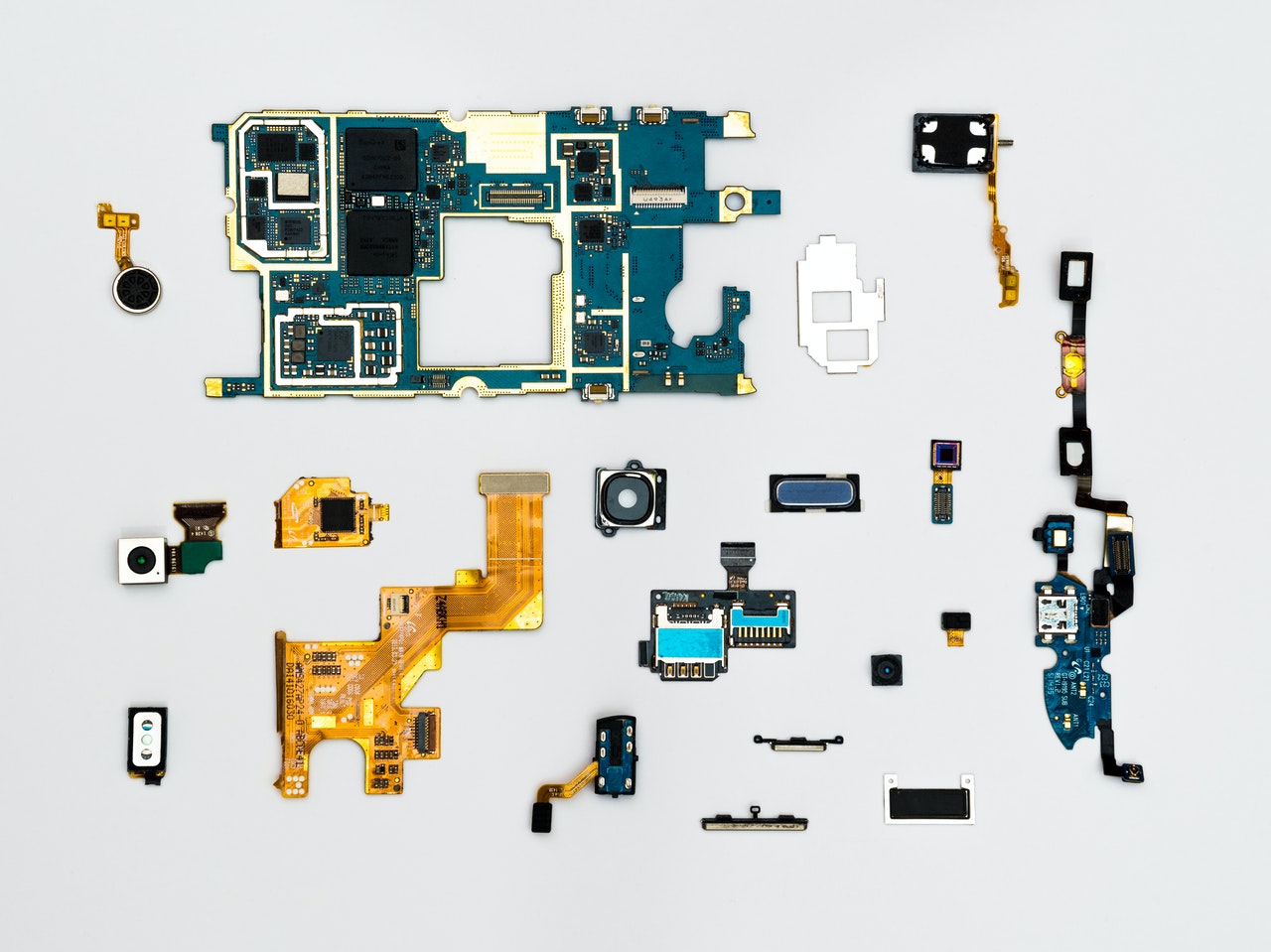Cows and the Climate Crisis
Cows and their connection to the climate crisis pose significant concerns. Whether it’s their methane emissions, contribution to deforestation, or their substantial carbon footprint, beef and dairy cattle are among the most environmentally unfriendly sources of food. With global temperatures on the rise, it’s essential to find sustainable alternatives and prioritize climate resilience in all our actions.
Engineering Climate-Smart Cows
Researchers from the University of Illinois Urbana-Champaign have developed genetically engineered climate-smart cows. Their study, published in Animal Frontiers, combines the milk-producing traits of Holstein and Jersey cows with the heat, drought, and disease resistance of Gyrs, a tropical cattle breed. The result is a new breed of cows capable of producing 10 to 20 times more milk.
“The whole idea is to keep disease and pest resistance linked together with milk production so that these traits don’t separate,” said project leader Matt Wheeler, a professor in the Department of Animal Sciences in the College of Agricultural, Consumer, and Environmental Sciences (ACES) at the University of Illinois.
The researchers plan to implant 100 of these embryos into indigenous cattle at two locations in Tanzania in March. They anticipate that the resulting animals will exhibit various beneficial characteristics.
Genetic Solutions for a Changing Climate
The calves produced from this process will be systematically bred through generations to establish a pure synthetic cattle breed and preserve the desired genetics.
This project is crucial for the future of climate-resilient animal agriculture. It also seeks to enhance food security in regions most affected by climate change in the Global South.
As temperatures shift globally, Wheeler believes genetically modified breeds will be crucial in addressing the challenges of a changing climate.



